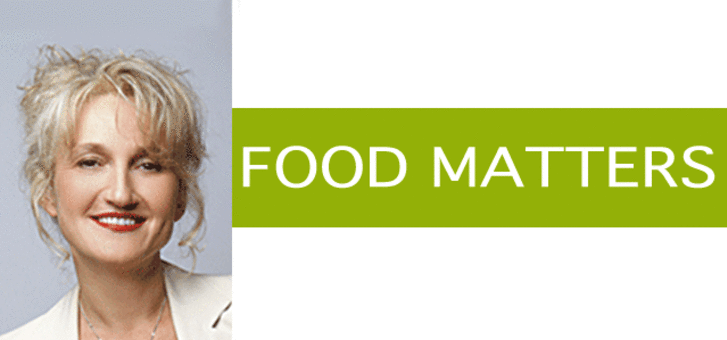Soy has been hailed as a potential anticancer agent in healthy people, but could its phytonutrients increase the recurrence of breast cancer?
Women in Asia experience breast cancer at rates that are three to six times lower than Western women. A higher soy-food intake is thought to be one reason for this. In Asian populations, a high soy-food intake during adulthood is linked with a 29 per cent reduction of death from breast cancer, but in Western populations, the data so far suggests that soy doesn’t protect mature breast tissue. Early introduction of soy into the diet and continued lifelong exposure—as is the case with traditional Asian diets—may be the reason for its effectiveness
Early and lifelong exposure
Several studies of Asian women from China and California show that early intake of as little as one serving per day of a traditional soy food may reduce the risk of adult breast cancer by as much as 50 per cent!
One US study by the National Cancer Institute suggests that introducing soy into the diets of children between the ages of 5 and 11 years is about twice as protective against breast cancer as beginning its use in the teen years.
Breast cancer survivors
But what if you already have cancer?
Four studies with breast cancer survivors indicate that breast cancer is less likely to reoccur and death rates are lower among high soy consumers. Importantly, these studies allay fears that soy might interfere with tamoxifen or other cancer drugs.
One US study, which followed 1954 breast cancer survivors over six years, found a 60 per cent reduction in recurrence rates among postmenopausal women treated with tamoxifen who had the highest soy-food intake! While this doesn’t prove that soy foods prevent cancer—and the benefits appear to be limited to postmenopausal women with oestrogen sensitive cancer—the research is reassuring.
The bottom line is this: young girls should eat at least one serving of soy per day and breast cancer patients should consider including soy in their anticancer arsenal.






